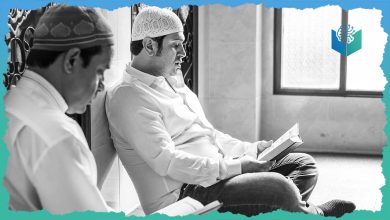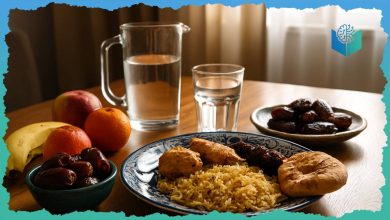Islamic Perspective on Marriage and Family Life
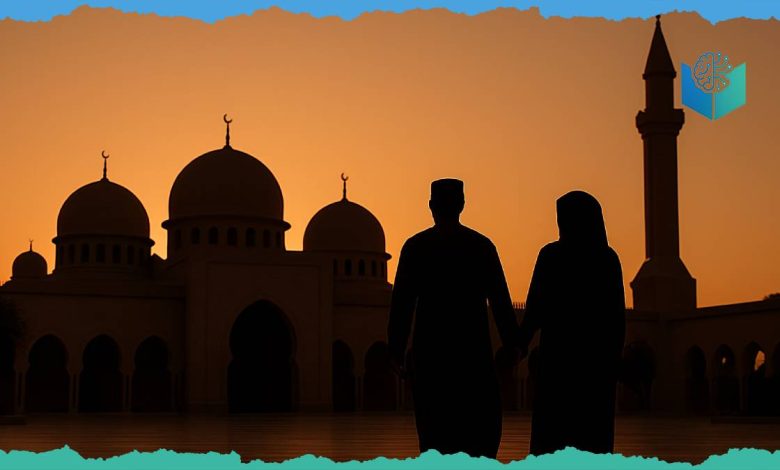
Marriage and family form the heart of any community. In Islam, they are not only social institutions but sacred acts of worship, a reflection of divine mercy, companionship, and moral balance. The Islamic perspective on marriage and family life emphasizes love, justice, and mutual respect, establishing the foundation for a peaceful society rooted in faith and compassion.
As Allah says in the Quran:
“And among His signs is that He created for you from yourselves mates that you may find tranquility in them, and He placed between you affection and mercy. Indeed, those are signs for a people who give thought.” (Quran 30:21)
This verse beautifully captures the essence of marriage in Islam, a bond based on affection, mercy, and the pursuit of spiritual harmony.
The Foundation of Marriage in Islam
Marriage in Islam is more than a social contract; it is a sacred covenant built on love, mercy, and faith. The Quran describes it as a means to attain tranquility and companionship, where both partners support one another in righteousness and mutual respect.
Marriage as a Sacred Covenant
Marriage in Islam is described as a sacred covenant, not just a contract. It is a mutual commitment that aligns with divine law and strengthens faith. The relationship between husband and wife is seen as one of love, mercy, and cooperation, values deeply rooted in the Quranic lifestyle.
Allah commands believers to treat one another with kindness:
“And live with them in kindness. For if you dislike them, perhaps you dislike a thing and Allah makes therein much good.” (Quran 4:19)
Through marriage, individuals complete half of their faith and build the foundation for righteous families, the building blocks of a just and compassionate community.

Family Values in Islam: The Core of Society
Family is the cornerstone of Islamic civilization. Through compassion, justice, and shared responsibility, Islam nurtures strong family bonds that preserve moral integrity and shape a caring, faithful society.
The Role of the Family Unit
Family values in Islam represent the essence of moral and spiritual growth. A family is not only a place of emotional support but also a space where faith, discipline, and ethics are nurtured. Parents, spouses, and children each have divinely assigned rights and responsibilities to maintain harmony within the household.
The Quran emphasizes mutual respect and care within families:
“And We have enjoined upon man [care] for his parents. His mother carried him from hardship upon hardship, and his weaning was in two years. Be grateful to Me and to your parents; to Me is the final destination.” (Quran 31:14)
Strong families cultivate gratitude, patience, and understanding, essential qualities that sustain Muslim family life.
Rights of Husband and Wife in Islam
Islam ensures fairness and harmony between husband and wife by assigning complementary rights and responsibilities. Both are equal in spiritual worth and are commanded to treat each other with kindness, patience, and mutual respect.
Mutual Respect and Shared Responsibility
The rights of husband and wife are built on fairness, compassion, and mutual consultation. Islam recognizes both partners as equals in spiritual worth while assigning complementary roles to ensure balance.
The husband’s duty includes providing for and protecting his family, while the wife’s role involves nurturing the home and offering emotional stability. Yet, both share the responsibility of maintaining faith, love, and moral guidance within the household.
The Quran reminds believers:
“And they (women) have rights similar to those (of men) over them in kindness, but men have a degree over them [in responsibility]. And Allah is Exalted in Might and Wise.” (Quran 2:228)
This verse reflects the balance of rights and responsibilities, not superiority, but leadership founded on justice and accountability.
Marriage Traditions in Islam
Islamic marriage traditions highlight simplicity, modesty, and sincerity. Extravagance is discouraged, and the focus remains on mutual consent, a gracious dowry, and a celebration grounded in gratitude and faith.
Simplicity and Spirituality in Union
Marriage traditions in Islam emphasize simplicity, sincerity, and piety over extravagance. The Prophet Muhammad (peace be upon him) encouraged modest weddings and warned against unnecessary display or financial burden.
The Quran advises believers:
“And give the women [upon marriage] their bridal gifts graciously.” (Quran 4:4)
The mahr (dowry) symbolizes respect and commitment, not a transaction. Weddings centered on faith and modesty reflect the true Quranic lifestyle, where spiritual values outweigh material concerns.
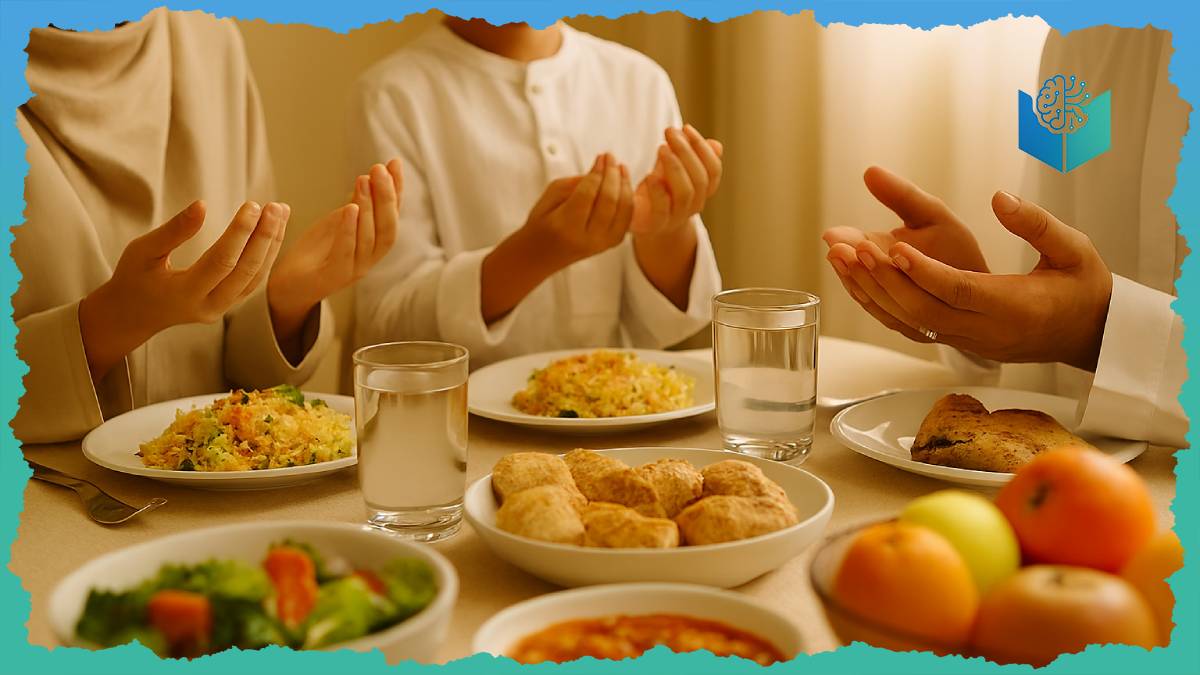
Parenting in Islam: Raising the Next Generation
Parenting in Islam is viewed as both a duty and a blessing. Parents are entrusted with guiding their children toward faith, good character, and responsibility through love, example, and consistent moral teaching.
Love, Discipline, and Guidance
Parenting in Islam is both a duty and a trust from Allah. Parents are guardians of their children’s spiritual, moral, and intellectual growth. The Quran guides them to lead by example and instill values of righteousness, humility, and compassion.
“O you who have believed, protect yourselves and your families from a Fire whose fuel is people and stones.” (Quran 66:6)
This verse calls on parents to raise their children with care and discipline, ensuring they grow in faith and moral strength. A balanced approach combining love and responsibility is key to nurturing confident, faithful individuals.
Building a Healthy Muslim Family Life
A healthy Muslim family life thrives on communication, empathy, and shared faith. By following Quranic principles of mercy and forgiveness, families build homes filled with peace, trust, and spiritual strength.
Communication and Compassion
A thriving Muslim family life is built on communication, empathy, and shared faith. Challenges are part of life, but families grounded in Islamic values approach problems with patience and forgiveness.
The Quran encourages reconciliation and understanding:
“And if a woman fears from her husband contempt or evasion, there is no sin upon them if they make terms of settlement between them and settlement is best.” (Quran 4:128)
Through kindness and mutual effort, families maintain emotional and spiritual balance. This approach strengthens not only individual bonds but also the wider community.
The Role of Extended Family in Islam
Islam values kinship and encourages maintaining strong ties with relatives. Caring for extended family fosters unity, compassion, and collective well-being; essential elements of a righteous community.
Strengthening Community Through Kinship
In Islam, family extends beyond the nuclear unit. Relatives, grandparents, aunts, uncles, and cousins are part of the social fabric that strengthens unity and compassion. Maintaining ties of kinship (silat ar-rahim) is a religious obligation and a source of blessings.
Allah says:
“And those who join that which Allah has ordered to be joined and fear their Lord and are afraid of the evil of [their] account, they will have the best outcome.” (Quran 13:21)
In this sense, family values in Islam encompass broader social responsibility, reminding believers to care for relatives, neighbors, and the less fortunate.
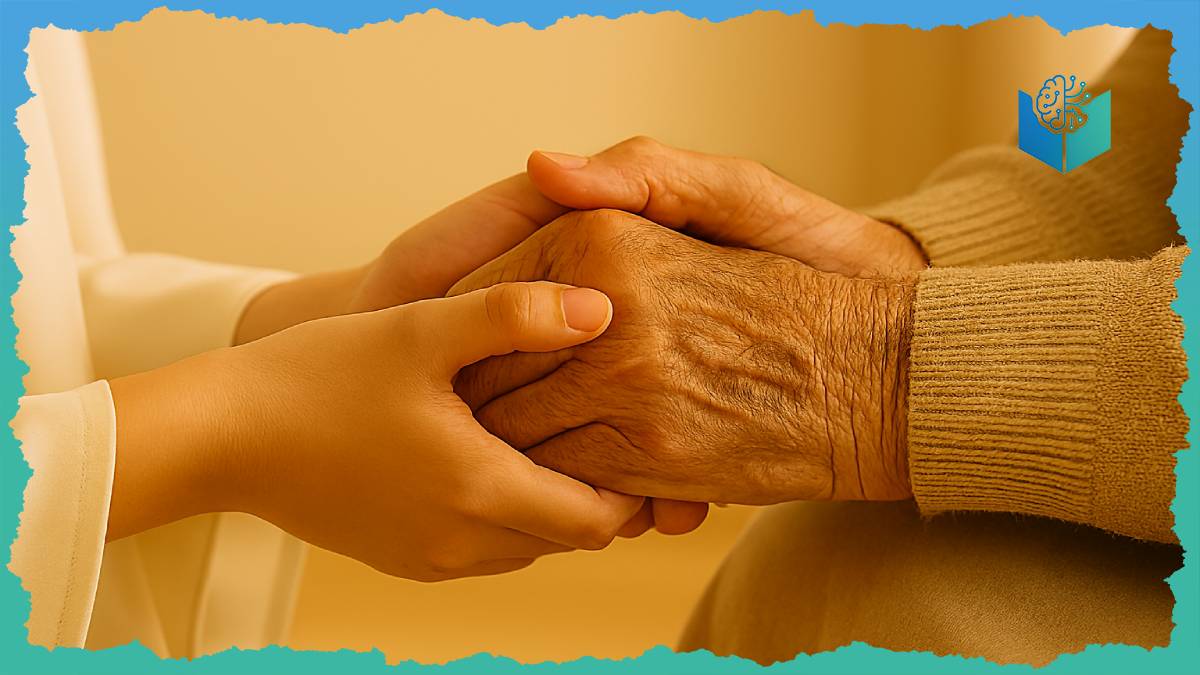
Emotional and Spiritual Harmony in Marriage
True harmony in marriage stems from shared faith and mutual compassion. When couples pray together, communicate openly, and remember Allah, their relationship becomes a source of comfort and spiritual growth.
Building Tranquility Through Faith
At the heart of marriage in Islam lies spiritual connection. Couples who remember Allah together find peace and purpose in their relationship. The Quran presents love (mawaddah) and mercy (rahmah) as divine gifts that sustain marital harmony.
Daily prayer, mutual encouragement, and acts of kindness nurture spiritual intimacy. Partners who live according to the Quranic lifestyle see marriage not as a mere partnership but as a means of drawing closer to Allah.
Challenges in Modern Muslim Family Life
Modern Muslim families face pressures from materialism, technology, and shifting values. Staying connected to Quranic teachings and maintaining open, faith-centered communication helps overcome these challenges with resilience.
Preserving Faith in a Changing World
Modern life presents new challenges from material pressures to conflicting values. Yet, the Quran offers timeless guidance for maintaining moral clarity and family strength.
A true Islamic perspective on marriage and family life requires prioritizing faith over trends and communication over confrontation. Couples and families should turn to the Quran and trustworthy platforms like Ayaat, where they can explore authentic teachings about love, mercy, and responsibility in Islam.
Digital distractions, financial strain, and societal shifts may test patience, but returning to Quranic principles brings stability. Families that pray together and discuss openly build resilience against modern pressures.
Gender Equity and Respect in Islam
Islam promotes equity and respect between men and women, emphasizing cooperation over competition. Both are partners in faith and share equal spiritual responsibilities in nurturing a balanced and just family life.
True Equality Through Complementarity
Islam teaches equity, not competition, between men and women. The rights of husband and wife are intertwined with mutual dependence and care. The Quran honors women as independent moral agents and men as protectors and supporters.
“The believing men and believing women are allies of one another. They enjoin what is right and forbid what is wrong…” (Quran 9:71)
This verse affirms that both genders share spiritual and social responsibilities. Equality in dignity and devotion ensures that families thrive in justice and mutual trust.
Marriage as a Path to Spiritual Growth
Marriage in Islam is a journey of personal and spiritual refinement. Through patience, sacrifice, and mutual encouragement, couples help each other grow closer to Allah and strengthen their faith.
Finding Faith Through Companionship
Marriage is a journey toward self-improvement and spiritual fulfillment. Through patience, forgiveness, and shared faith, couples help each other grow in piety and character.
The Quran teaches:
“Our Lord, grant us from among our wives and offspring comfort to our eyes and make us an example for the righteous.” (Quran 25:74)
In this prayer, believers ask for spouses and children who bring peace and inspire righteousness, showing that family life is an act of worship when lived with sincerity and compassion.
Maintaining Balance Between Faith and Daily Life
Islam teaches balance between worldly duties and spiritual devotion. Incorporating prayer, gratitude, and ethical behavior into daily routines keeps faith alive within every aspect of family life.
The Quranic Lifestyle in Action
Incorporating faith into everyday actions ensures that Muslim family life remains balanced and fulfilling. Simple acts like sharing meals, praying together, and showing gratitude transform homes into spaces of barakah (blessing).
Platforms such as Ayaat help individuals and families deepen their understanding of Quranic principles, promoting a lifestyle centered on divine harmony. By studying the Quran together, families strengthen their moral compass and find renewed purpose in every moment.
The Role of Forgiveness in Family Relationships
Forgiveness is central to maintaining peace within families. Letting go of resentment and showing mercy not only restores harmony but also reflects the divine compassion Allah encourages among believers.
Healing Through Mercy
Conflict is inevitable in relationships, but forgiveness sustains unity. Islam emphasizes forgiveness as an act of strength and faith. The Quran reminds believers:
“And let them pardon and overlook. Would you not like that Allah should forgive you?” (Quran 24:22)
In a family, forgiveness restores peace and rebuilds trust. It reflects the mercy that Allah Himself extends to His servants, the ultimate model for Islamic ethics in daily life.
Conclusion: The Family as the Heart of the Quranic Lifestyle
The Islamic perspective on marriage and family life is one of balance, mercy, and purpose. Every role as spouse, parent, or child contributes to the moral structure of society. Guided by the Quran, believers build homes filled with compassion and faith.
Strong marriages, respectful partnerships, and righteous parenting form the backbone of a peaceful community. Living by these values fulfills the essence of a Quranic lifestyle, where love, justice, and gratitude are central.
As Allah declares:
“And those who say, ‘Our Lord, grant us from among our wives and offspring comfort to our eyes and make us leaders for the righteous.’” (Quran 25:74)
Platforms like Ayaat help families rediscover this divine wisdom, offering resources that nurture both knowledge and spiritual growth. Through faith, love, and understanding, every Muslim family can embody the Quranic vision of peace, unity, and everlasting harmony.
Q&A
Marriage in Islam must be based on mutual consent, a clear proposal and acceptance (ijab and qabul), and the presence of witnesses. A dowry (mahr) must also be given to the bride as her right.
The purpose of marriage in Islam is to create love, peace, and mercy between spouses and to build a righteous family and society under Allah’s guidance.
The four conditions are: mutual consent of both partners, a guardian (wali) for the bride, two witnesses, and a specified dowry (mahr). What are the rules for marriage in Islam?
What is the purpose of marriage in Islam?
What are the 4 conditions of marriage in Islam?


